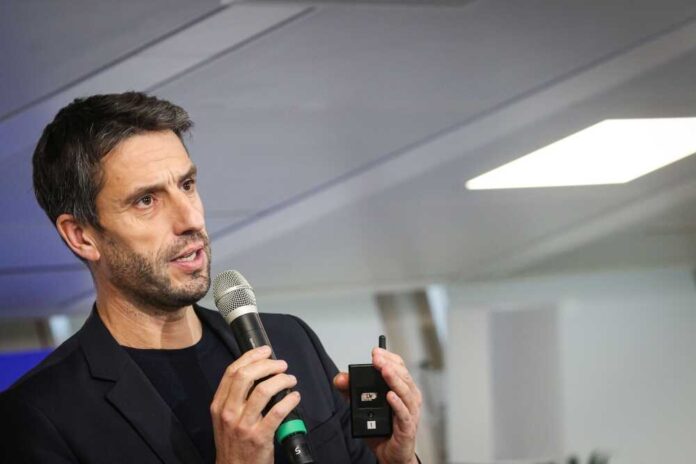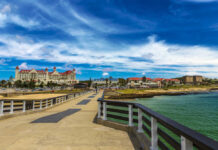
Because of pollution in the Seine River, Olympic officials have warned that the Paris triathlon might turn into a duathlon. Despite a cleanup program spending more than a billion Euros, a French NGO water charity expressed concern over the Seine’s frightening status and the danger athletes face from moving in polluted water.
Tony Estanguet, president of Paris 2024, has acknowledged that backup measures are ready in case the rains render open-water swimming during the Games dangerous due to elevated E. coli levels. The triathlon’s first 1500-meter swim segment might be eliminated in the worst-case scenario, reducing the event to a duathlon with a shorter course of 40 kilometers on the bike and 10 kilometers on the run—a first in Olympic history.
The alternative would be to postpone the men’s and women’s events from their intentionally early July 30 and July 31 planned dates. On August 5, there will be a mixed relay, and on August 8 and 9, there will be marathon swimming events for men and women.
A duathlon consists of just running and cycling without swimming.
The Seine failed pollution tests in August of last year, which led to the cancellation of the test marathon swimming event. In addition to hosting a flotilla-based opening ceremony, the river will be used for paratriathlon and marathon swimming.
The ambitious goal of making the river swimmable to the public by 2025 has necessitated extensive changes to Paris’ sewage infrastructure, notably the Austerlitz Basin, an overflow tank with a capacity of thirteen million gallons. Mayor Anne Hidalgo of Paris and President Emmanuel Macron of France have pledged to swim in the waterways to demonstrate their tidiness.
Some feel that the decision to attempt to host the event in the Seine puts one of the most recognizable Olympic sports at unnecessary risk. Brazilian Ana Marcela Cunha, the gold medalist in the women’s 10-kilometer marathon swim at the 2020 Tokyo Olympics, recently told the AFP news agency that a plan B needs to be put in place in case it’s not possible to swim in the Seine. She said that the Seine is not made for swimming.













